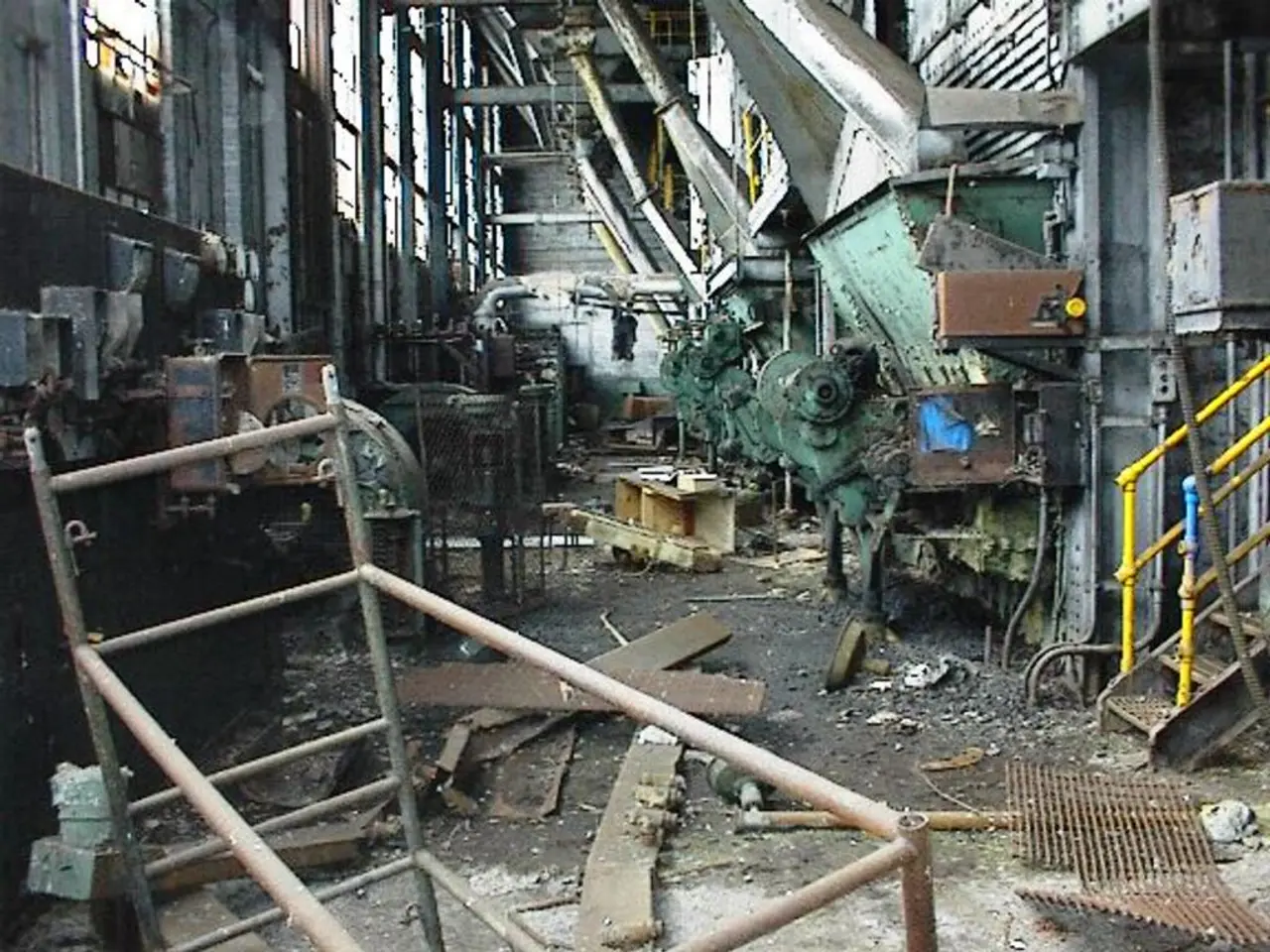Phasing Out Fossil Fuels Gets a New Twist
Altered Narrative: "Climate Hysteria" Gives Way to "Energy Realism" in Political Discourse
In a surprising turn of events, the long-standing push to wean off fossil fuels is meeting a formidable reality check. The verdict? We're heading back to traditional energy sources, according to industry heads. Mike Sommers, president of the American Petroleum Institute, recently told Breitbart News that we've entered a new phase in the United States, replacing the left's climate narrative that advocated transitioning away from oil and gas. "We're not transitioning from anything to anything," Sommers declared. "We're going to need more diversified energy solutions, and that includes a lot more oil and gas in the future."
Sommers' "reality" stems from the soaring need for energy across America. The advancement of AI, data centers, and new technologies has propelled energy use projections in America by 25% over the next five years, and a whopping 50% by 2050. Naturally, wind and solar just can't cut it.
Karr Ingham, president of the Texas Alliance of Energy Producers, echoes Sommers' sentiments, dismissing the left's vision of a utopia without fossil fuels as unrealistic. "The idea of transitioning away from petroleum and natural gas energy and making wind and solar a much larger share of the mix has lost steam at this point," Ingham said to KTRH. "It's not feasible to power the future solely with renewables."
Ingham isn't against renewable energy sources but believes their development should be market-driven, not forced upon the industry. "Allowing markets to run their course ensures that oil and gas will thrive for many years to come," he said. "I'm not worried about renewables; I'm concerned about policies that distort market conditions, hurt consumers, and make energy less affordable, scarce, and unreliable."
Insights:
The current energy landscape reveals a mixed bag—a surge of investments in clean energy technology alongside ongoing challenges. By 2025, global energy investment is expected to reach $3.3 trillion, with clean energy investments surpassing those in fossil fuels significantly. Solar PV technology is leading the charge, with projected investments reaching $450 billion. Despite this, fossil fuels, particularly natural gas, continue to play a pivotal role. The growth of the fossil fuel new energy generation market is projected to nearly double from $411.8 billion in 2024 to $859 billion by 2030.
However, the energy transition faces hurdles, including rising energy demand, infrastructure constraints, and regional equity issues. To ensure sustainable progress, addressing these challenges and systemic barriers is crucial.
In light of the renewable energy industry's growth, finance is playing an increasingly important role in energy development, with global energy investment expected to reach $3.3 trillion by 2025. However, despite significant investments in solar PV technology, reaching $450 billion by 2025, fossil fuels, particularly natural gas, continue to dominate the energy landscape. Despite the advancements in renewable energy, industry leaders such as Mike Sommers and Karr Ingham argue that it's unrealistic to power the future solely with renewables, especially considering the soaring energy demands across America. Consequently, the political landscape and the future of the oil-and-gas industry remains a general news topic of discussion.




